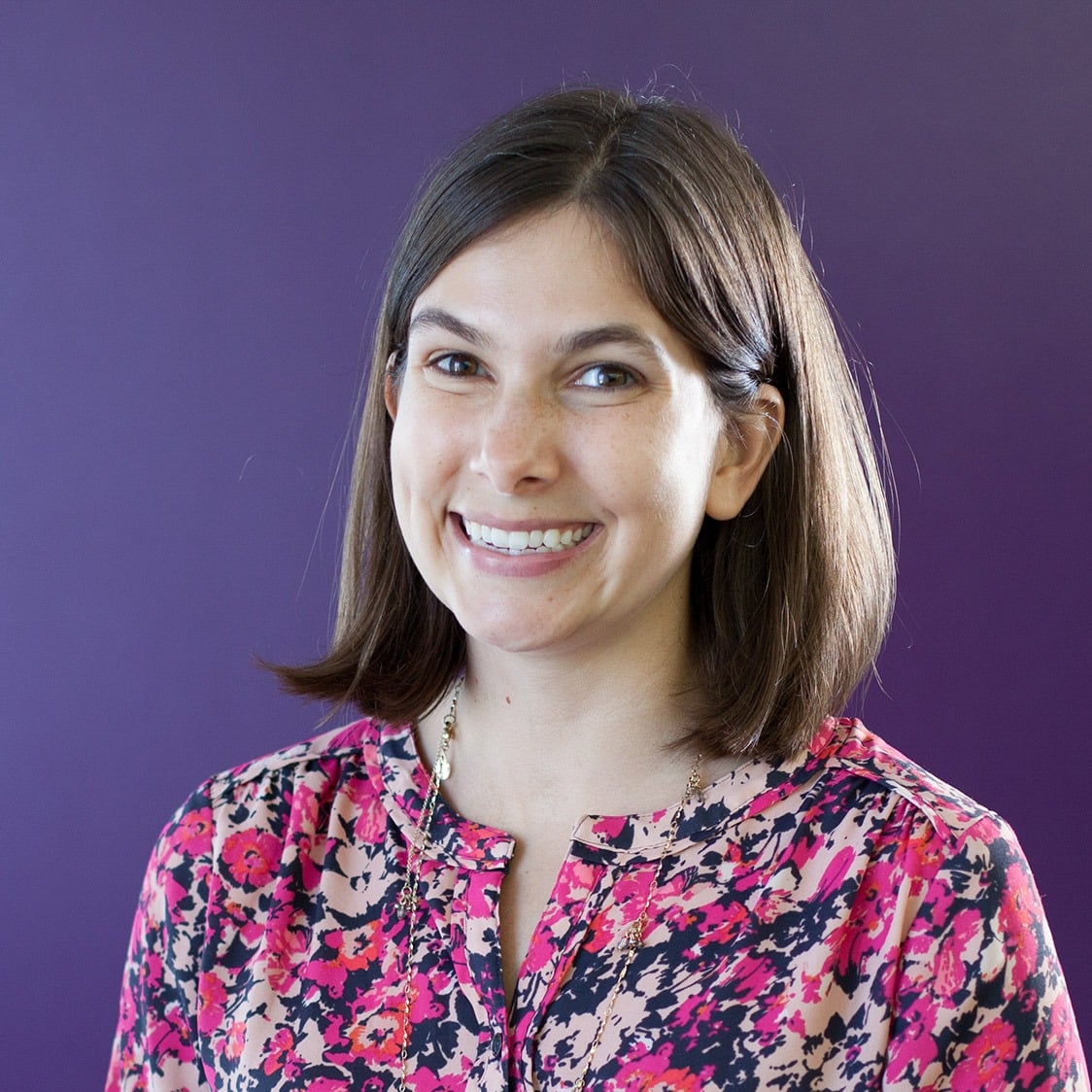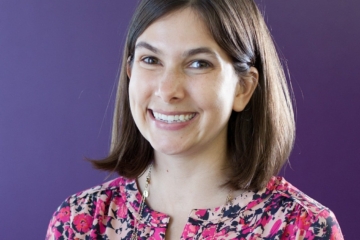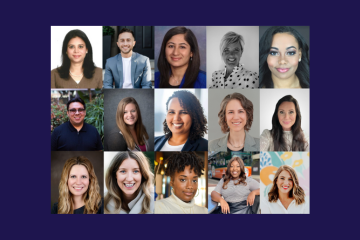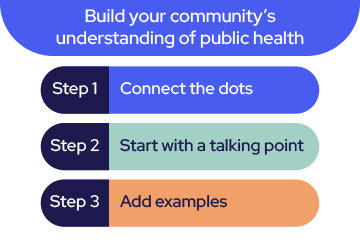
Photo credit: L-Evated Retreat Portraits
Megan Cunningham, MPH, views public health as the foundation for achieving racial equity and social justice. As the special advisor for implementation at the U.S. Environmental Protection Agency, the 2019 40 Under 40 in Public Health honoree focuses on ensuring environmental policies deliver measurable health improvements for communities across the nation. Cunningham’s work reflects her passion for bridging policy and implementation to create meaningful change.
de Beaumont caught up with Cunningham to learn more about her impactful work at the intersection of environmental health and public health — and what drives her commitment to healthier, more equitable communities.
What was your catalyst for a career in public health?
The guiding light in my career has been a commitment to racial equity and social justice. Public health is a critical frame for this work, which is ultimately about changing community conditions so that all people have the resources and opportunities to live their very best life. Whether the issue I’m working on is housing, community development, education, or the environment, the common question is, “How does this affect people and the places they call home?” And that’s, fundamentally, a public health question. I’ve learned that if I want to work on urban policy, public health offers the tools — in the form of things like data and partnerships across sectors — to get at the root of these issues and take collaborative action to address them.
How did you wind up in your current role? What attracted you to this position?
After seven years as the managing deputy commissioner at the Chicago Department of Public Health (CDPH), I was ready to explore new opportunities. I considered working at a nonprofit organization or foundation but quickly realized that I’m a government gal at heart. Some of the most interesting, complicated issues I worked on at CDPH were related to environmental justice. So, when it came to my job search, I was interested in ways to translate what we were learning in Chicago to a national scale.
What do you wish got more attention in public health?
As we learn more about the physical, mental, and quality of life effects of living near highways and industry, I’ve become passionate about addressing cumulative impacts. Cumulative impacts is the concept that we need to understand the full picture of a community — including social conditions, community health, and environmental stressors to inform decision making. If we are trying to answer big questions like which communities are more vulnerable to the harmful effects of pollution, what kind of development should happen where, and how we appropriately balance economic growth with protecting health and the environment, we need to know how to measure cumulative impacts. And we need to develop new policies to reduce burdens and maximize benefits for our communities.
What motivates you to keep going?
When I left my teaching job in Newark, New Jersey, my co-workers gave me a very special gift: a beautiful charcoal drawing that my vice principal made. Its image of a young girl, filled with hope, was inspired by the students in our school. When they gave it to me, my co-workers said, “Wherever you go from here, keep this in your office so you’ll never forget who you’re working for.” That picture has been with me ever since. When I feel like a problem is too complicated, or the hours are too long, or the systems are broken beyond fixing, I look at it. And I remember the stakes in this work are people’s lives and the future of kids like my students in Newark.
What advice would have been helpful to you early in your career?
I used to worry over not having a focus — I was interested in everything from health care payment systems to Housing First policies to transit-oriented development. Today, I’d reassure my early-professional self that it’s a good thing to be interested in and able to find connections across these big, urban issues. That’s actually really important in figuring out how to make government work better. We have to pull a lot of levers together to achieve more equitable outcomes.
What is a piece of public health media that’s resonated with you?
I might be biased in this answer, but my favorite piece of public health culture is “Ask Dr. Arwady,” the near-weekly Facebook Live event hosted by CDPH Commissioner Allison Arwady from 2020 through 2023. Although it started as a way for Dr. Arwady to share information about COVID-19, over time CDPH began using the platform to highlight various public health topics.
Dr. Arwady is an exceptional public health communicator, and every episode is a masterclass in how to explain technical topics in language that everyone can understand. It’s also a terrific example of government transparency, as Dr. Arwady answered questions from the media and general public, live and unscripted. Plus, it reminds me (and makes me feel proud) of an extraordinary period of time when public health was on the front lines of the pandemic.
How do you enjoy yourself outside of work?
I have a curious, silly three-year-old daughter who keeps me busy when I’m not working. We love exploring, whether that’s in a Chicago library, our neighborhood park, or on an adventure like last weekend, when we went camping for the first time. We had tons of fun pitching a tent and toasting marshmallows together!
The de Beaumont Foundation’s 40 Under 40 in Public Health initiative recognizes and elevates leaders changing the face of public health in creative and innovative ways. Learn more about the program and its application process.




